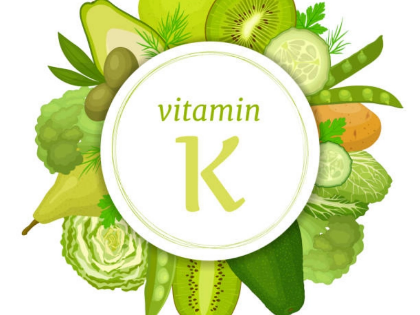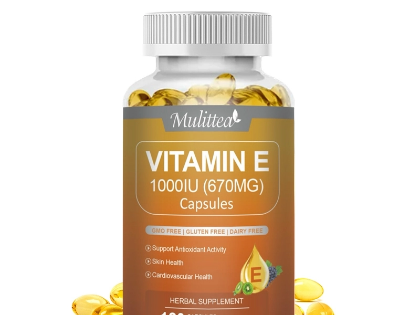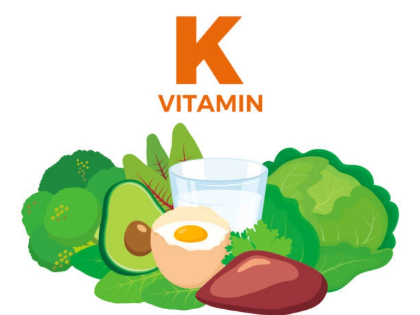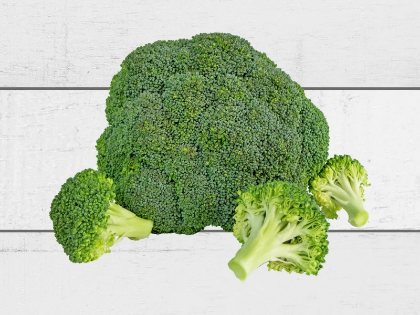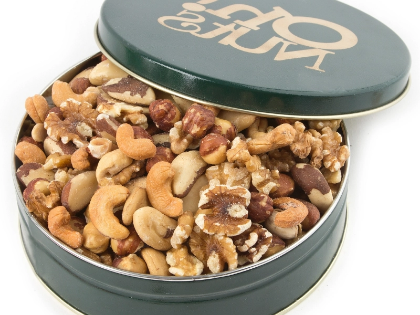Vitamin K for Athletes: Supporting Bone and Cardiovascular Health
Although it is sometimes disregarded in conversations about diet for athletes, vitamin K is quite important for general health. Bone health as well as cardiovascular function depend on this fat-soluble vitamin. Athletes pushing their bodies to the maximum can benefit from enough vitamin K intake supporting their physical performance and recovery. Knowing the importance of vitamin K will enable sportsmen to maximise their physical performance and general state of health.
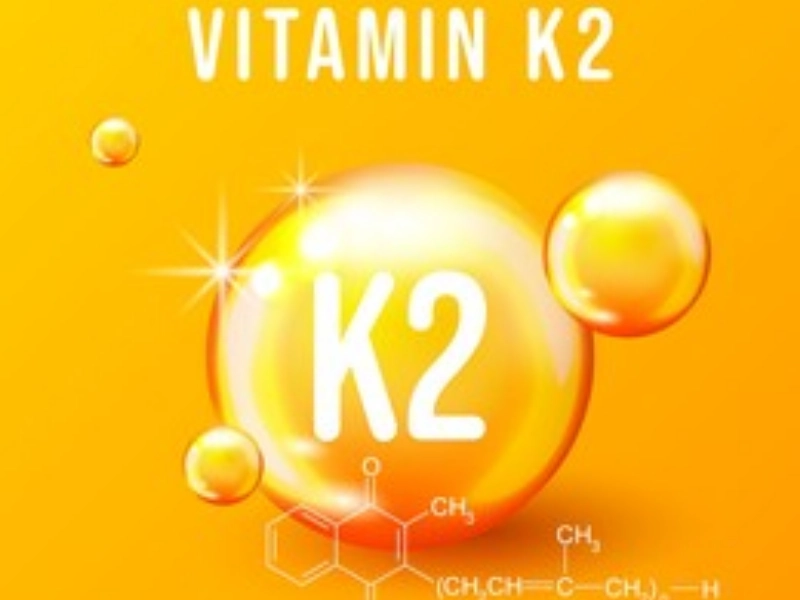
2. Bone Health: Vitamin K
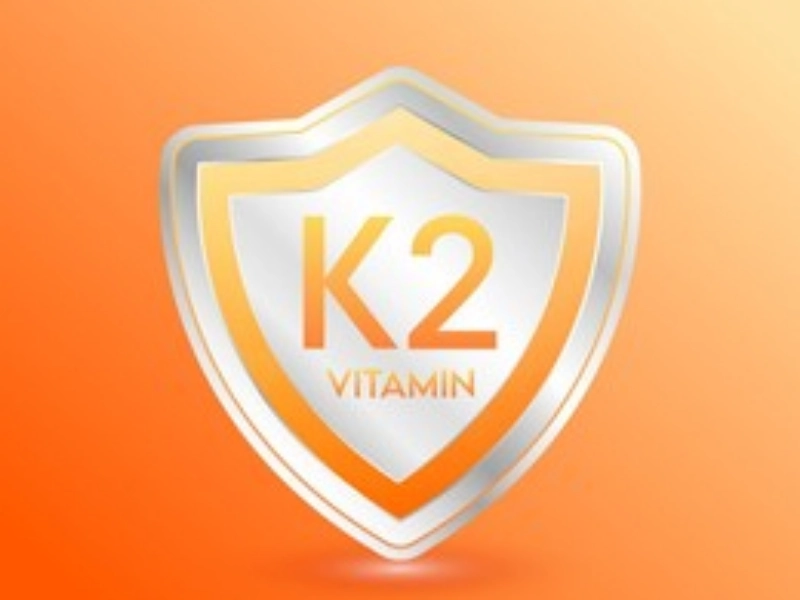 The main use of vitamin K is its part in bone metabolism. The creation of osteocalcin, a protein that binds calcium to the bone matrix and hence increases bone density, depends on this. Strong bones are absolutely crucial for athletes to resist the physical demands of training and competition. Enough vitamin K might help avoid injuries, including fractures that might sideline athletes and throw off their training schedules. Including meals high in vitamin K will help sportsmen keep ideal bone condition.
The main use of vitamin K is its part in bone metabolism. The creation of osteocalcin, a protein that binds calcium to the bone matrix and hence increases bone density, depends on this. Strong bones are absolutely crucial for athletes to resist the physical demands of training and competition. Enough vitamin K might help avoid injuries, including fractures that might sideline athletes and throw off their training schedules. Including meals high in vitamin K will help sportsmen keep ideal bone condition.
3. Vitamin K's sources
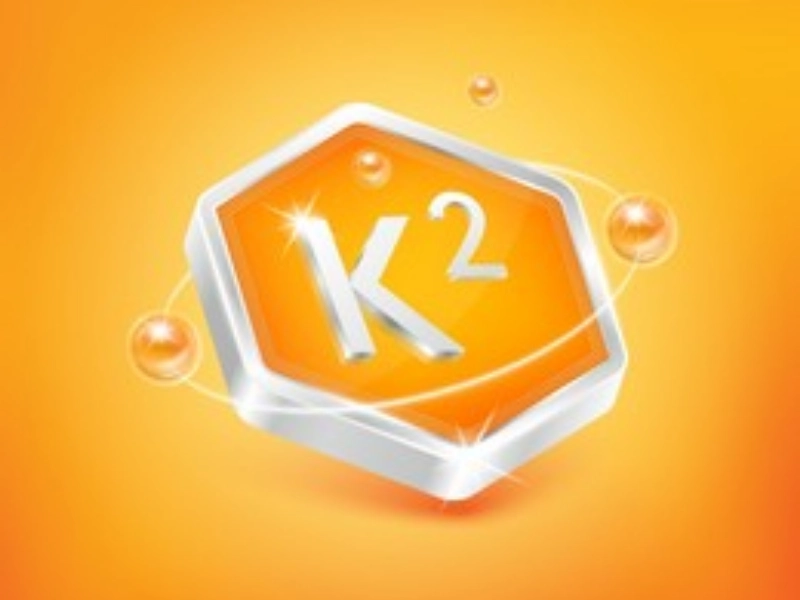 Vitamin K comes primarily in two forms: K1, phylloquinone, and K2, menaquinone. While vitamin K2 comes from fermented foods and animal products such as cheese, eggs, and some meats, vitamin K1 is mostly found in green leafy vegetables, including spinach, kale, and broccoli. Including a range of these items in an athlete's diet guarantees they get plenty of both kinds of vitamin K. Along with supporting bone health, this variety improves general nutrition.
Vitamin K comes primarily in two forms: K1, phylloquinone, and K2, menaquinone. While vitamin K2 comes from fermented foods and animal products such as cheese, eggs, and some meats, vitamin K1 is mostly found in green leafy vegetables, including spinach, kale, and broccoli. Including a range of these items in an athlete's diet guarantees they get plenty of both kinds of vitamin K. Along with supporting bone health, this variety improves general nutrition.
4. Vitamin K's Part in Cardiovascular Health
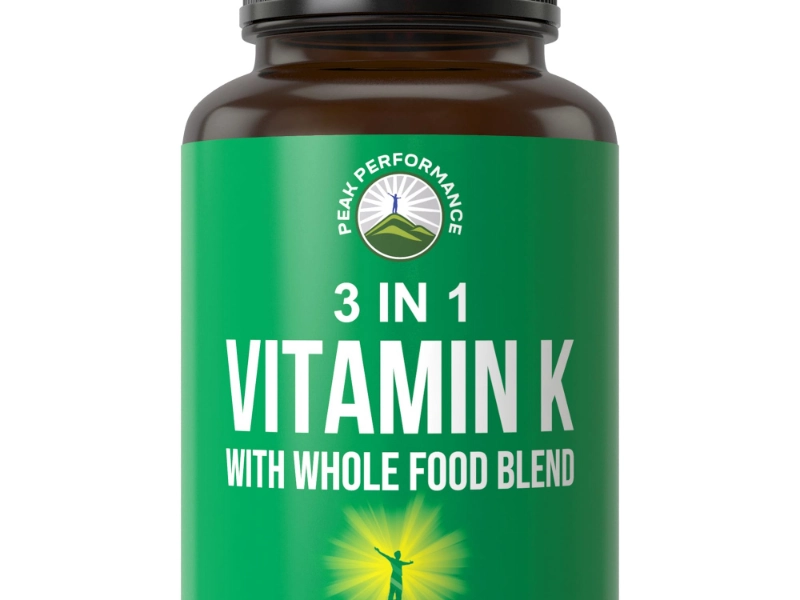 Apart from its advantages for bones, cardiovascular health depends on vitamin K. It controls calcium levels in the bloodstream, therefore avoiding artery calcification. Maintaining appropriate blood flow and lowering the risk of cardiovascular illnesses depend on this control. Healthy circulation is essential for athletes' best performance since it guarantees that working muscles during activity receive oxygen and nutrients effectively. Enough vitamin K helps maintain heart function, thereby enabling athletes to perform as best they could.
Apart from its advantages for bones, cardiovascular health depends on vitamin K. It controls calcium levels in the bloodstream, therefore avoiding artery calcification. Maintaining appropriate blood flow and lowering the risk of cardiovascular illnesses depend on this control. Healthy circulation is essential for athletes' best performance since it guarantees that working muscles during activity receive oxygen and nutrients effectively. Enough vitamin K helps maintain heart function, thereby enabling athletes to perform as best they could.
5. Vitamin K and Inflammation
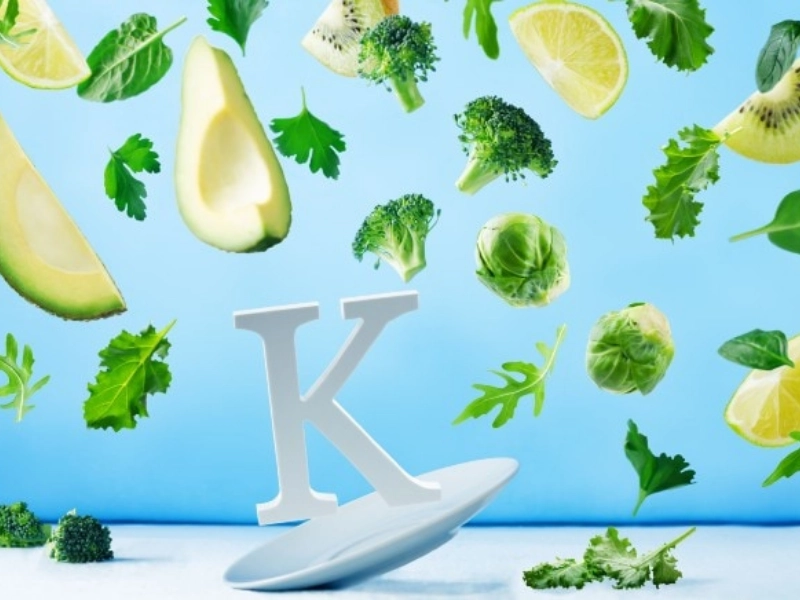 The rigorous training and competition athletes go through sometimes causes inflammation. Anti-inflammatory qualities of vitamin K have been demonstrated, which can assist to reduce inflammation brought on by exercise. Reducing inflammation helps vitamin K support faster recovery times and better general performance. Athletes who participate in high-impact sports or those who train intensively especially should pay close attention to this since controlling inflammation improves training results and lowers injury risk.
The rigorous training and competition athletes go through sometimes causes inflammation. Anti-inflammatory qualities of vitamin K have been demonstrated, which can assist to reduce inflammation brought on by exercise. Reducing inflammation helps vitamin K support faster recovery times and better general performance. Athletes who participate in high-impact sports or those who train intensively especially should pay close attention to this since controlling inflammation improves training results and lowers injury risk.
6. Muscle Function and Vitamin K
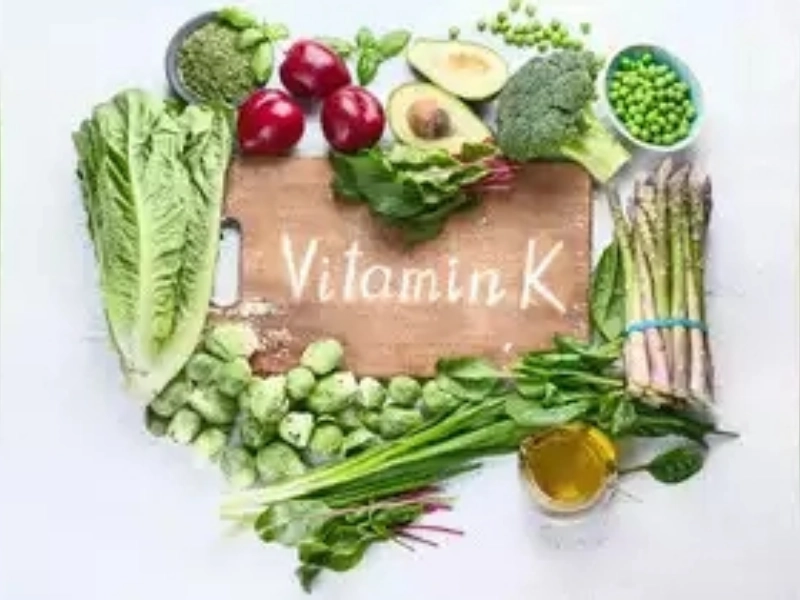 Studies point to vitamin K perhaps being involved in muscle performance as well. Best muscle contraction and strength depend on enough quantities of this vitamin. Strong and effective muscles are absolutely necessary for players in every kind of sport. Ensuring enough vitamin K consumption can help an athlete's muscle condition to be better, thereby increasing their capacity to train and compete well.
Studies point to vitamin K perhaps being involved in muscle performance as well. Best muscle contraction and strength depend on enough quantities of this vitamin. Strong and effective muscles are absolutely necessary for players in every kind of sport. Ensuring enough vitamin K consumption can help an athlete's muscle condition to be better, thereby increasing their capacity to train and compete well.
7. Timing and Supportment
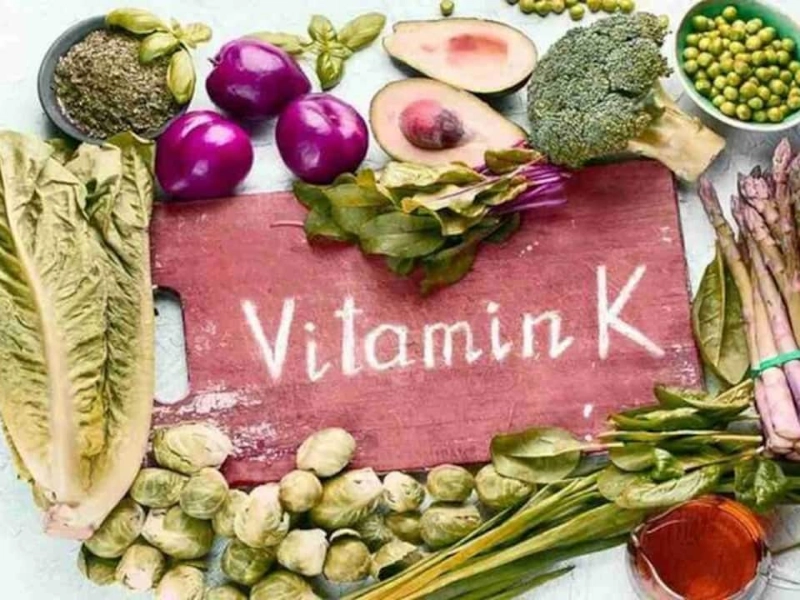 Although a balanced diet can provide enough vitamin K, certain athletes might think about supplements, particularly if they have dietary restrictions or other medical issues. Timing vitamin K intake—especially around exercise—helps to maximise its advantages. Before beginning any supplements, athletes should, meanwhile, see a healthcare practitioner to be sure they fit their particular demands and objectives.
Although a balanced diet can provide enough vitamin K, certain athletes might think about supplements, particularly if they have dietary restrictions or other medical issues. Timing vitamin K intake—especially around exercise—helps to maximise its advantages. Before beginning any supplements, athletes should, meanwhile, see a healthcare practitioner to be sure they fit their particular demands and objectives.
8. Including vitamin K in the athletic diet
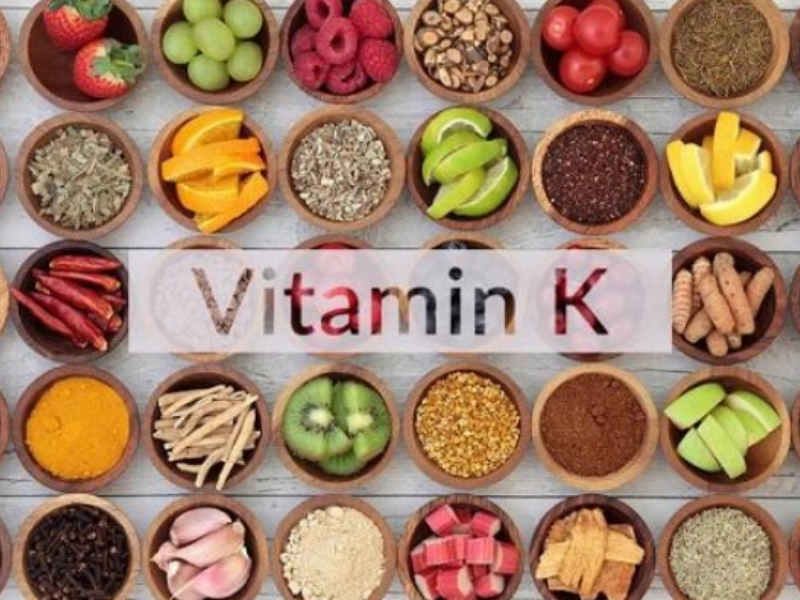 Including foods high in vitamin K into an athlete's diet can be tasty and simple. Simple ways to increase vitamin K intake are including leafy greens in smoothies, salads, and stir-fries. Including fermented foods like kimchi or sauerkraut will also supply vitamin K2, therefore improving cardiovascular and bone strength. Athletes who pay close attention to their dietary choices will be able to easily satisfy their vitamin K demands while still enjoying a range of tastes.
Including foods high in vitamin K into an athlete's diet can be tasty and simple. Simple ways to increase vitamin K intake are including leafy greens in smoothies, salads, and stir-fries. Including fermented foods like kimchi or sauerkraut will also supply vitamin K2, therefore improving cardiovascular and bone strength. Athletes who pay close attention to their dietary choices will be able to easily satisfy their vitamin K demands while still enjoying a range of tastes.
9. Tracking Vitamin K Levels
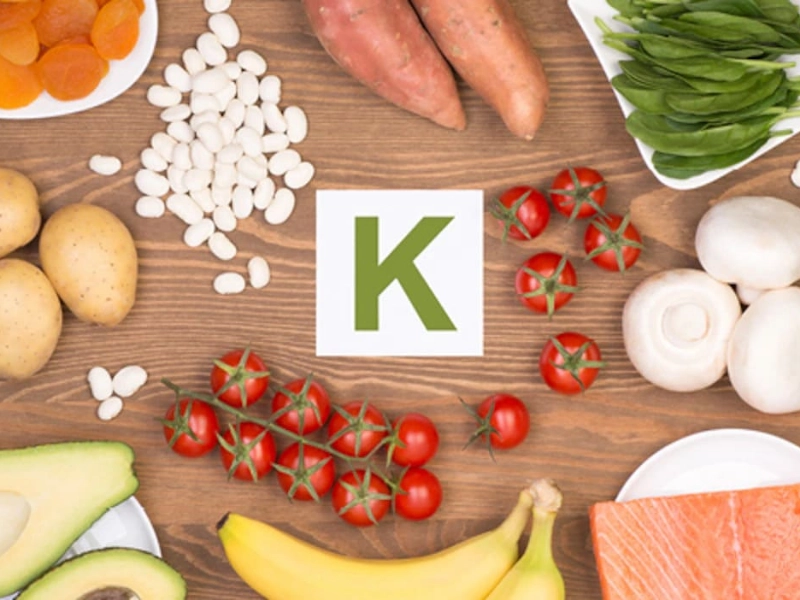 Athletes should know how much vitamin K they get and think about monitoring their intake to make sure their dietary demands are met. Frequent visits to a healthcare professional can assist in monitoring general health and vitamin levels. This proactive strategy lets athletes maximise their performance and recovery by making wise food decisions and changes as necessary.
Athletes should know how much vitamin K they get and think about monitoring their intake to make sure their dietary demands are met. Frequent visits to a healthcare professional can assist in monitoring general health and vitamin levels. This proactive strategy lets athletes maximise their performance and recovery by making wise food decisions and changes as necessary.
10. Emphasising Vitamin K's Value
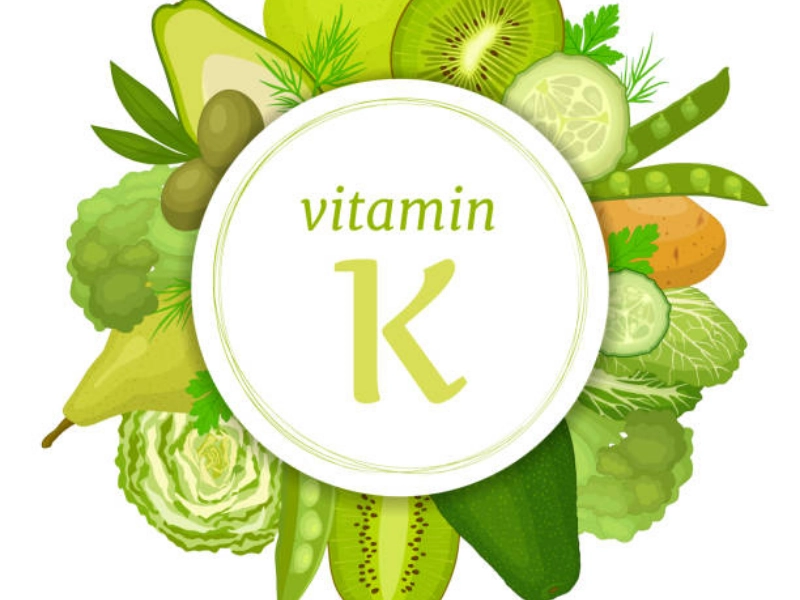 Athletes especially need vitamin K since it is a crucial ingredient supporting both heart and bone strength. Athletes who know its advantages and include foods high in vitamin K in their diets will improve their performance, lower their injury risk, and hasten their recovery. Giving vitamin K top priority in a well-balanced diet will help to produce better sports results and general health. Adopting this sometimes disregarded vitamin would help one to reach maximum performance and preserve long-term health.
Athletes especially need vitamin K since it is a crucial ingredient supporting both heart and bone strength. Athletes who know its advantages and include foods high in vitamin K in their diets will improve their performance, lower their injury risk, and hasten their recovery. Giving vitamin K top priority in a well-balanced diet will help to produce better sports results and general health. Adopting this sometimes disregarded vitamin would help one to reach maximum performance and preserve long-term health.

